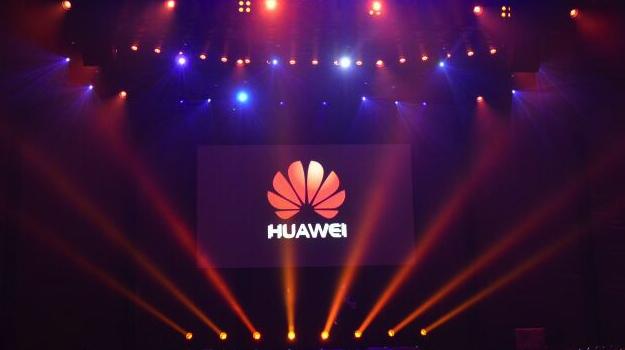Will you be surprised if I told you that Huawei filed the most number of international patent applications in 2018? It filed 5,405 patent applications last year which was twice as many as Mitsubishi Electric and Intel, which ranked second and third in the list. However, this doesn’ tell you the whole story, or at least that’s what Patent Result, a Tokyo-based research company, believes.

According to the quality analysis of the patents filed by the top applicants in 2018, Huawei’s patent applications were not exactly innovative. According to Patent Result’s analysis, only 21% of the patents filed by Huawei can be classified as ‘highly innovative’. In comparison, Intel and Qualcomm which are ranked third and fourth in the list had 32% and 44% ‘highly innovative’ patents under their name, respectively.
What’s even more interesting is that the contribution of North American talent in filing these high-quality patents is pretty high. Patent Result found that out of the 30 best Huawei engineers, 17 of those engineers were recruited from foreign companies, the majority from North American ones. So, their research reveals that the talents poached from companies like Motorola and other IT giants (note that Moto, under Lenovo, is now a Chinese company) is driving Huawei’s R&D.
Editor’s Pick: ZTE patents phone with punch hole hidden between network icons
Another important point highlighted by their research is Huawei’s aggressive patent buying spree. The telecommunications giant has reportedly purchased around 500 patents from foreign companies, out of which 250 were from U.S. companies. These purchases have a significant impact on the company’s patent portfolio since they account for nearly 67% of its ‘high quality’ patents. The report adds that IBM and Yahoo both sold a large number of patents to Huawei, 40 and 37 respectively.
To recall, back in July, U.S. Senators had introduced a bill to block Huawei from buying or selling US patents. Given how foreign patents form an important part of the company’s patent portfolio, this move could be a blow to Huawei’s technological advancement. The bill essentially wants to block companies listed on its trade blacklist from buying, selling, or exclusively licensing U.S. patents. It would also give the government the authority to step in any domestic case relating to patent infringement.
Finally, it’s worth adding that tech companies are generally aggressive when it comes to strengthening their patent portfolio. Samsung was ranked second in the list of most number of U.S. patents granted in 2018. Apple took the eleventh spot while Huawei was at the nineteenth spot on the list.
UP NEXT: Huawei won’t build Electric Cars but will help existing automotive companies with Technology: Official
(Source)








